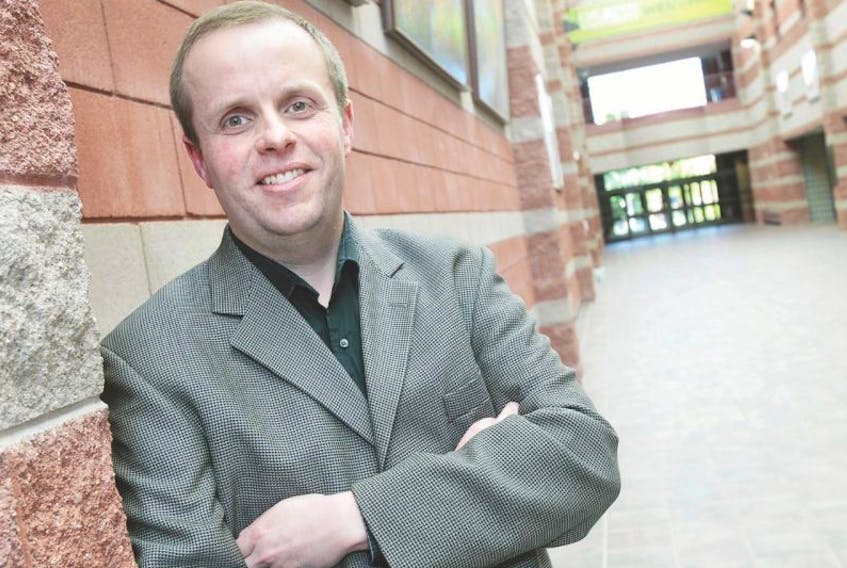Our patchwork long-term care system is in a lamentable state, despite heroic workers. COVID-19 has cast a light on serious systemic failures affecting nursing homes and residential care facilities.
There needs to be a reckoning – and change. That change has to come through open public discussion, not from lobbyists who represent private owners.
Royal commissions can be laborious and expensive. They can sometimes delay action.
But we need an independent body to methodically unpack the big problems with nursing homes and other long-term care facilities. After the pandemic, we must keep this issue high on the public agenda.
This is one instance where a focused, non-partisan royal commission would help.
The commission should be constituted jointly by the federal, provincial and territorial governments, in order not to be constrained by who controls what funding envelopes and who has what authority. There is precedent for jointly constituted commissions.
Federal Seniors Minister Deb Schulte says she wants a “Team Canada” approach to the problem. Such a commission would be a start.
The mandate of the commission would be to prescribe specific, fundamental reforms to the long-term care systems.
Across the country, COVID-19 is ravaging long-term care facilities. Here in Nova Scotia, it has overwhelmed Halifax’s Northwood and has taken root in at least eight other facilities at the time of writing, although it is hard to get information on which ones in our area.
As usual, Nova Scotia takes a very centralized approach and lumps Cape Breton in with large swaths of the mainland for public health reporting purposes. The province also seems to take the erroneous view that we would be less vigilant about isolation if the location of COVID-19 cases were to be pinpointed by facility or community.
Before the pandemic, organizations across Canada representing long-term care workers and residents did not get much attention for their recommendations.
There needs to be a reckoning – and change
They were warning about overcrowding and lack of privacy in some places.
Medical professionals were warning about exhausted, low-paid staff who have to work at multiple locations to make ends meet. Some of these workers have unknowingly become vectors of the virus.
Advocates were warning that staff would not be able to function if not for the volunteers and family members doing a lot of the personal care. Of course, now these helpers can’t be present due to the quarantine, thus exposing big gaps.
The associations were warning about inadequate funding models, as well as funding models that discourage preventive care and discourage a focus on quality of life. Indeed, I have trouble understanding how the for-profit operators find nursing homes to be a lucrative business, unless some of them cut corners.
It’s no wonder that some of the private operators in Ontario pushed for deregulation. They actually appear to have succeeded in getting that province to scale back unannounced, random inspections in recent years at many facilities.
Lines of accountability matter and a commission would look at this. Even if privately owned facilities remain part of the long-term care system, we should consider requiring each of them to answer to a transparent community oversight board. A community oversight board for each facility would be tasked with pointing out needed improvements. It would call in provincial inspectors at the first signs of concern.
A royal commission on systemic failures and needed improvements would also have the advantage of accessing any information it wants, although this would be sadly too late for loved ones of people who have died in the pandemic.
On the subject of transparency, Nicole Sullivan’s article in Monday’s Cape Breton Post should be required reading at this time (“Son of Cape Breton COVID-19 victim wants more transparency”). It’s about Pearl Moulaison of Glace Bay, a resident of Harbourstone Enhanced Care in Sydney River, who sadly passed away last Friday.
Pearl Moulaison’s son Robert asks very sober and appropriate questions about reporting protocols, precautions to protect other residents, the way directives get transmitted and inadequate communication to family members.
And in a news conference last week, the Post posed some good questions of its own about why we can’t get more information from the province.
In Pearl’s memory, in honour of all the deceased, and for the sake of basic human dignity, we have serious work to do. Going back to business as usual would be scandalous.
A royal commission on long-term care would help.
Tom Urbaniak, PhD, is a professor of political science at Cape Breton University. His most recent book is “Dignity, Democracy, Development: A Citizen’s Reader”.









